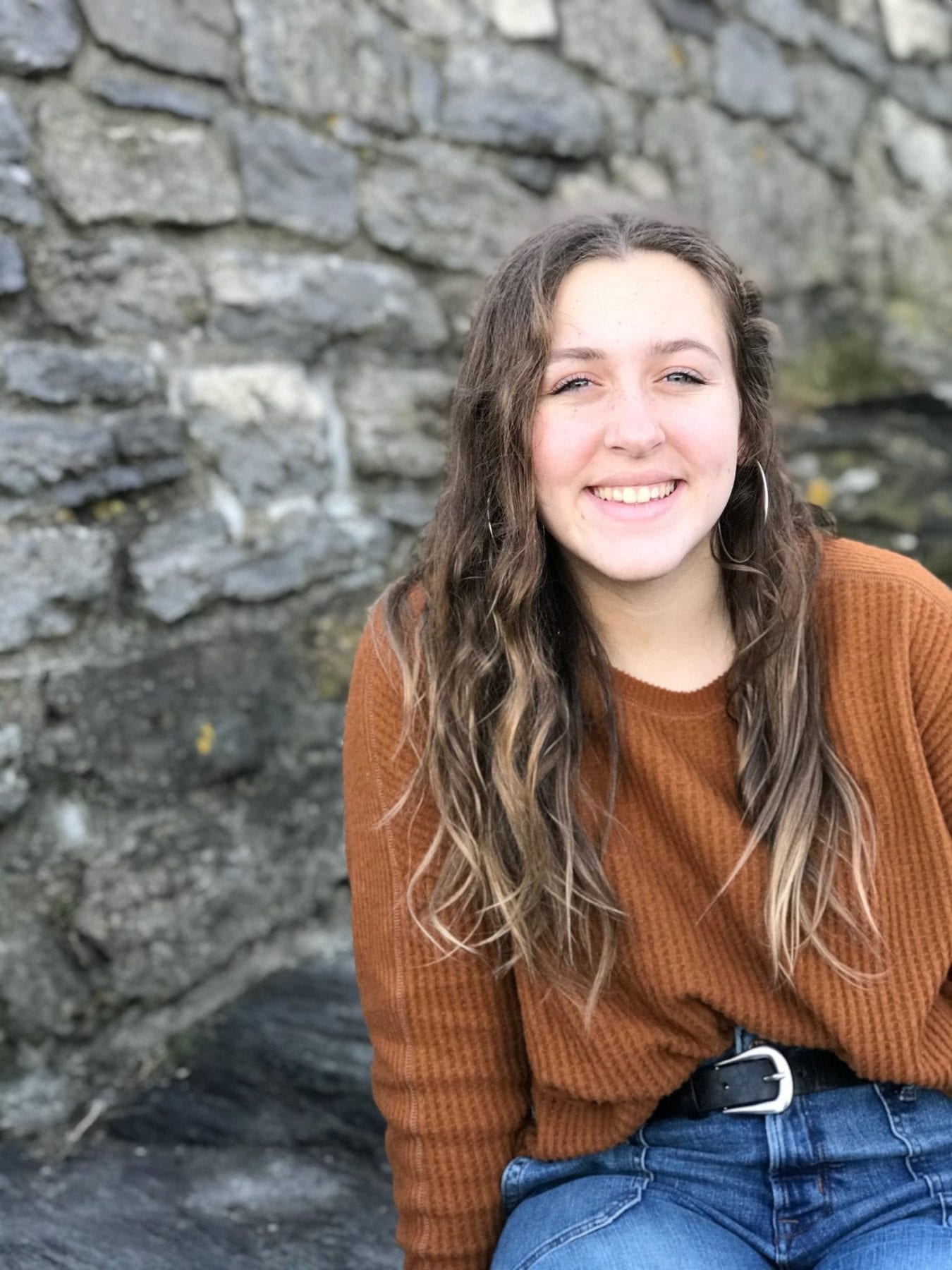The Time Machine by H. G. Wells
I recently read H.G Wells’s The Time Machine as a class assignment. When I was a kid, my mom gifted me an abridged kids version of the story, which I devoured within a day. But I didn’t stop there. I read that book at least five times, which grabbed my imagination every time.
The book is about an eighteenth-century scientist who creates a time machine and travels hundreds of thousands of years into the future. The story begins at its end, when the time traveler arrives back at home and tells his friends of his adventures. Wells’s descriptions of the future, society, and his adventures that kept you on your toes captivated my imagination as a kid. However, reading this book again now as an adult, I had a much different, yet great experience reading this time around.

Unity and Harmony in The Time Machine
After reading again, I found that while Wells was describing a fantastical future, he was also making a statement about society. In his vision of the future, humans have evolved into two different creatures called the Eloi and Morlocks. Wells saw two extremes of people when he lived in the late eighteen hundreds: the working class, and the upper class—so different, he thought they would eventually become their own species. The upper class would become the Eloi, childlike and considerably incapable, and the working class would become sneaky, yet intelligent monsters. He predicted both would lose their sense of “humanity” and become heartless.
Wells highlights societal issues that are separated, disunified, or unbalanced in their way of life, suggesting that when we follow that path, we lose what makes us human. To be human, according to Wells, means something more like togetherness and unity, rather than separation and disharmony. God made us to be a part of Christ’s church, to be a part of his body of believers. God made us for community, unity, and togetherness.
[book-info]
Time for art?
Wells's thoughts on beauty and art specifically interested me. As an artist, and one who has been pursuing personal research topics, which include art, beauty, culture, and Christianity, the concept of having more time to make art appeals to me.
Wells seemed to think that when humanity had the freedom to make art in any form, over time, they completely lost the ability. Even with a completely free day, void of work, no one made anything. No art was being produced by those living underground (at least as far as we know) either.
In my own life, this feels like an important question; as artists (of any form), we always want more time. We want more time to finally work on this project, or the time to finally pursue this or that, but more time hardly ever comes. And Wells suggests that supposing we finally did get all the time, we wouldn’t do anything with it. It makes me wonder. Maybe there is never real time for art. Maybe genuine art comes out of true intentionality to pursue it.

But are we making progress?
The most compelling idea behind the Time Traveller’s accounts of Earth’s far-distant future is purely the idea that the Earth has gotten worse since modern times.Progress is made in tiny increments, and if you string together thousands of those tiny increments, they combine together to make incredible things. We are growing exponentially in our technology and more and more people are asking questions about our culture and how we can treat each other more and more respectfully.
And so, the idea that all that progress could be lost is quite terrifying. As the Time Traveller himself thinks, there is no purpose in going to the past because we know what happened in the past. There is no progress. So when he goes to the future and finds that that progress has been for nothing—it is a scary premise.
In the future of The Time Machine, however, there is much more than a loss of progress. It isn’t that people have forgotten certain ideas, or lost certain technologies, but almost that they have “devolved” into a primitive species called the Eloi.
This concept is compelling to me because it makes me think about what actions the world is taking today that progress or regress mankind as a people. It makes me consider how we can continually pursue better and more beautiful things, and how we can continually encourage and uplift one another.
Alyssa is a high school senior, who has been homeschooled her whole life. She spends her time in things that are creative and unexpected. She loves painting and drawing. She enjoys spending time with her family and friends. You’ll find her curled up with a book and an oat milk latte! Above all, Alyssa loves her God, and strives to be more like him every day.



Hello there!
My son is reading this book now. It’s a very interesting book. I like how you perceived the story. I will share with my son.
Thank you
Thank you!!